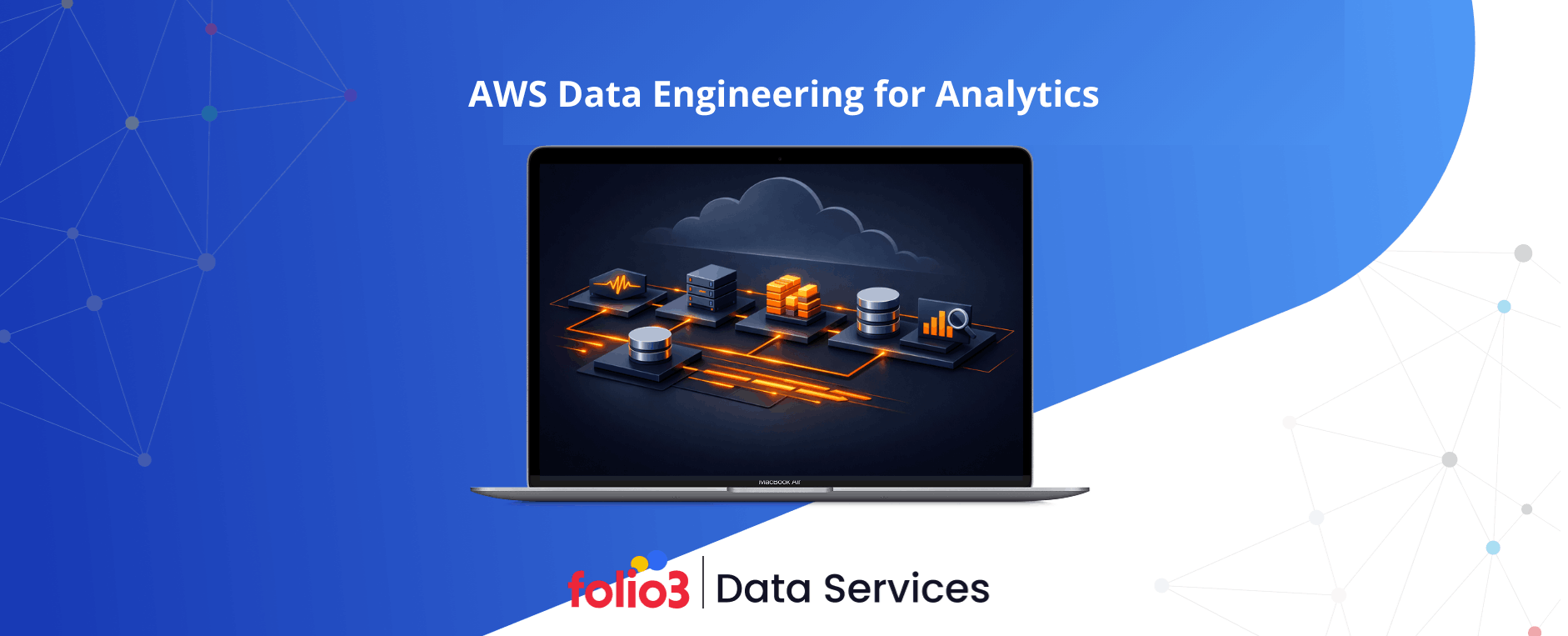
Learn how to master AWS data engineering in 2026 with this roadmap. Discover key skills, architectural patterns, and analytics project strategies to design scalable, AI-ready, and cost-effective data platforms.
Home » Data Engineering

Learn how to master AWS data engineering in 2026 with this roadmap. Discover key skills, architectural patterns, and analytics project strategies to design scalable, AI-ready, and cost-effective data platforms.
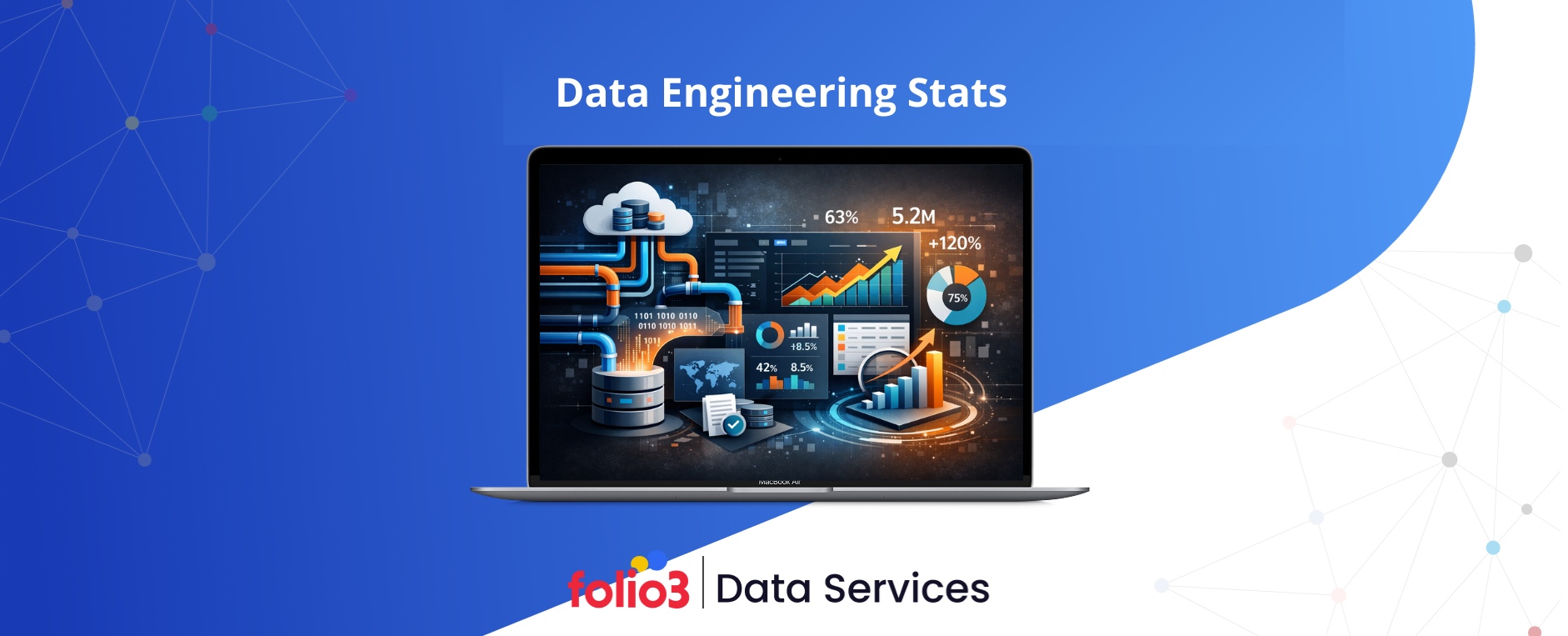
Understand data engineering in 2026 with stats on market size, tools, salaries, cloud adoption, and emerging trends. This guide provides actionable insights for enterprises and data professionals.
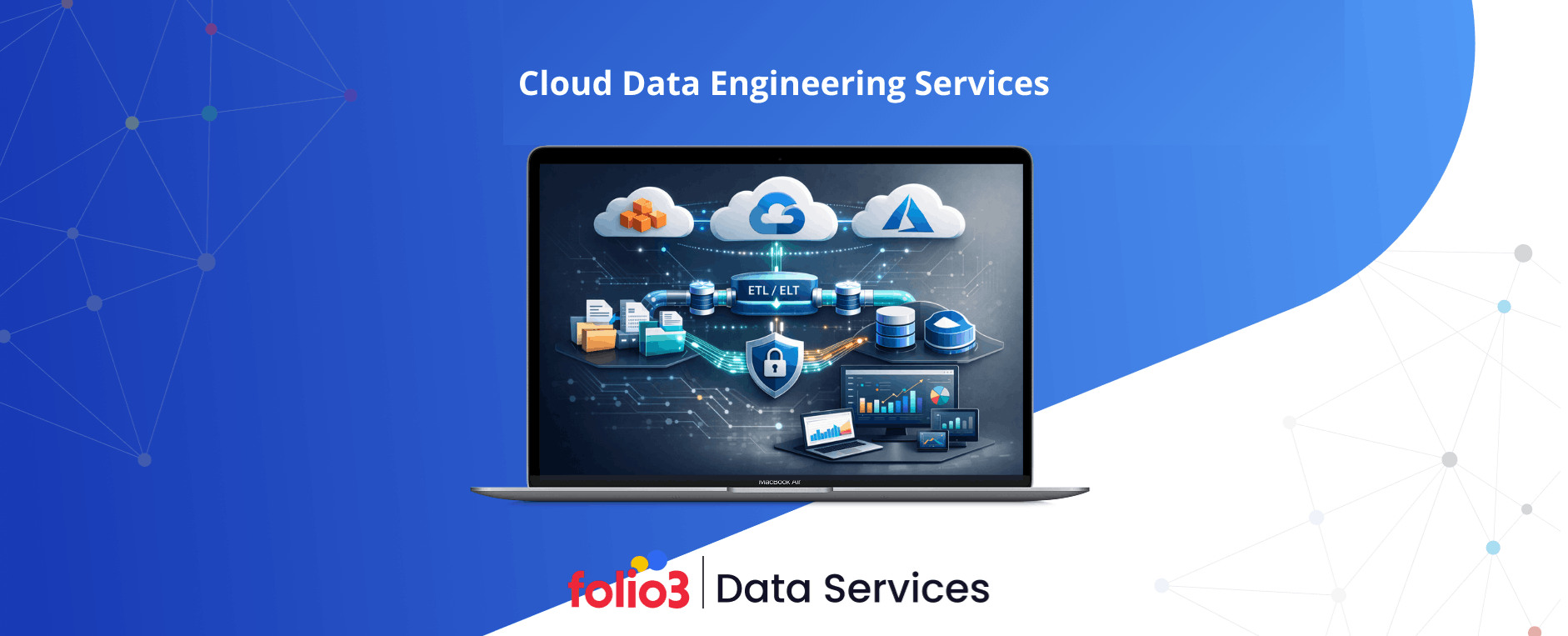
This guide showcases the top 10 cloud data engineering services for 2026, focusing on scalability, reliability, and cost efficiency. Discover how these services help businesses accelerate insights and modernize data ecosystems.
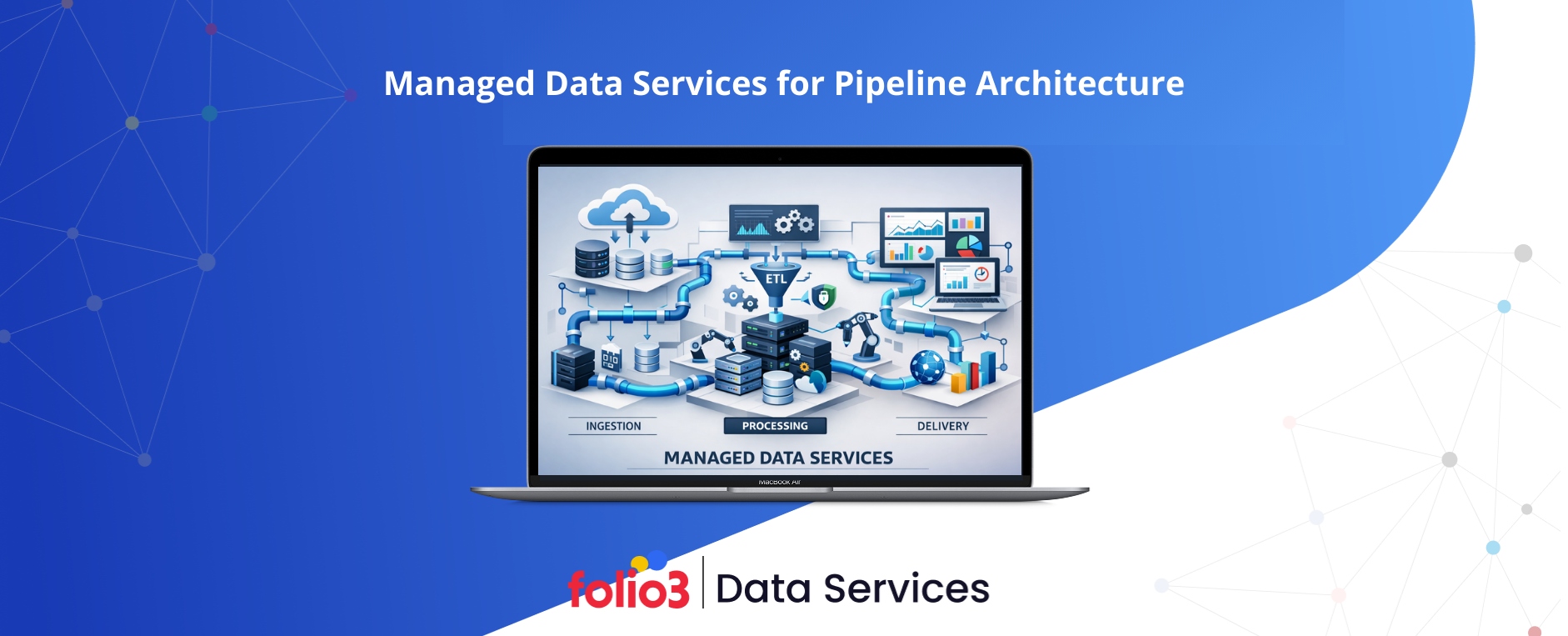
This guide showcases 10 managed data services designed to strengthen pipeline architecture. Discover how enterprises use these services to improve data reliability, scalability, and time-to-insight across platforms.
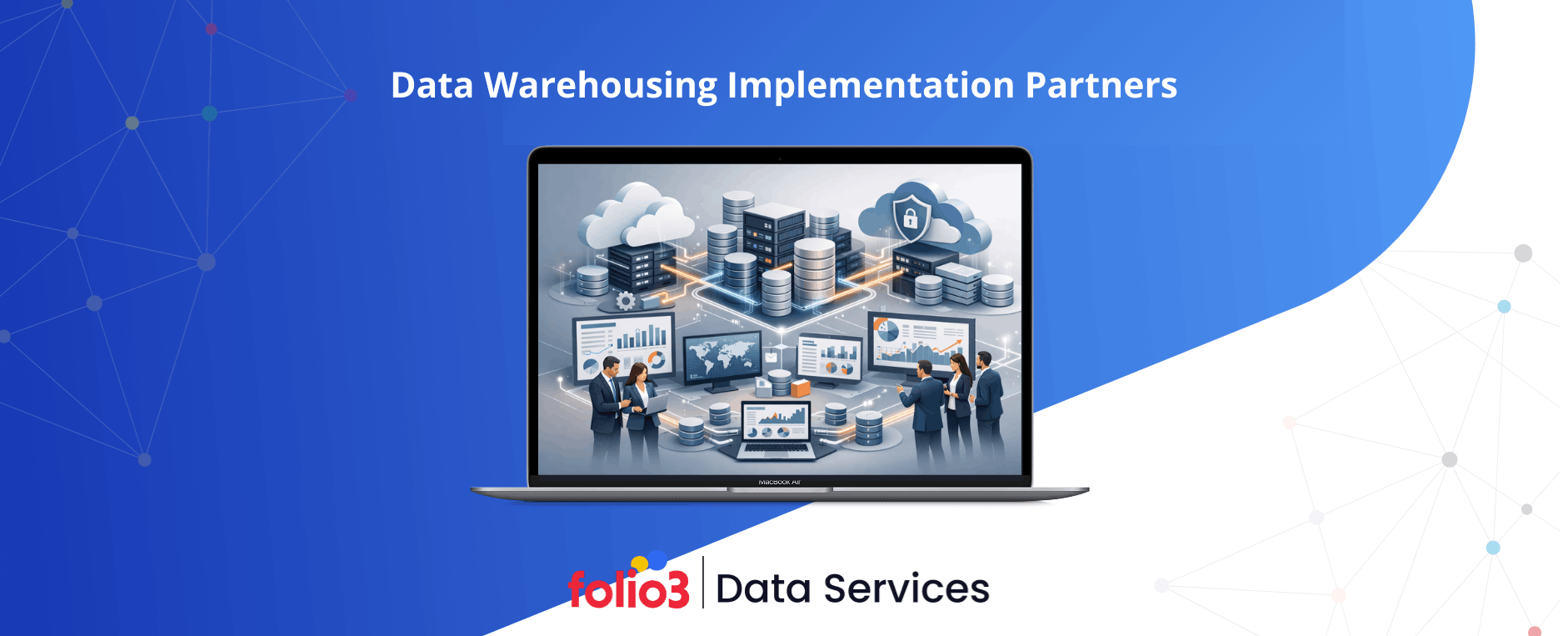
Find the top-rated data warehousing implementation partners in 2026. Discover how these experts help organizations implement scalable, secure, and high-performance data warehouses for actionable analytics and insights.
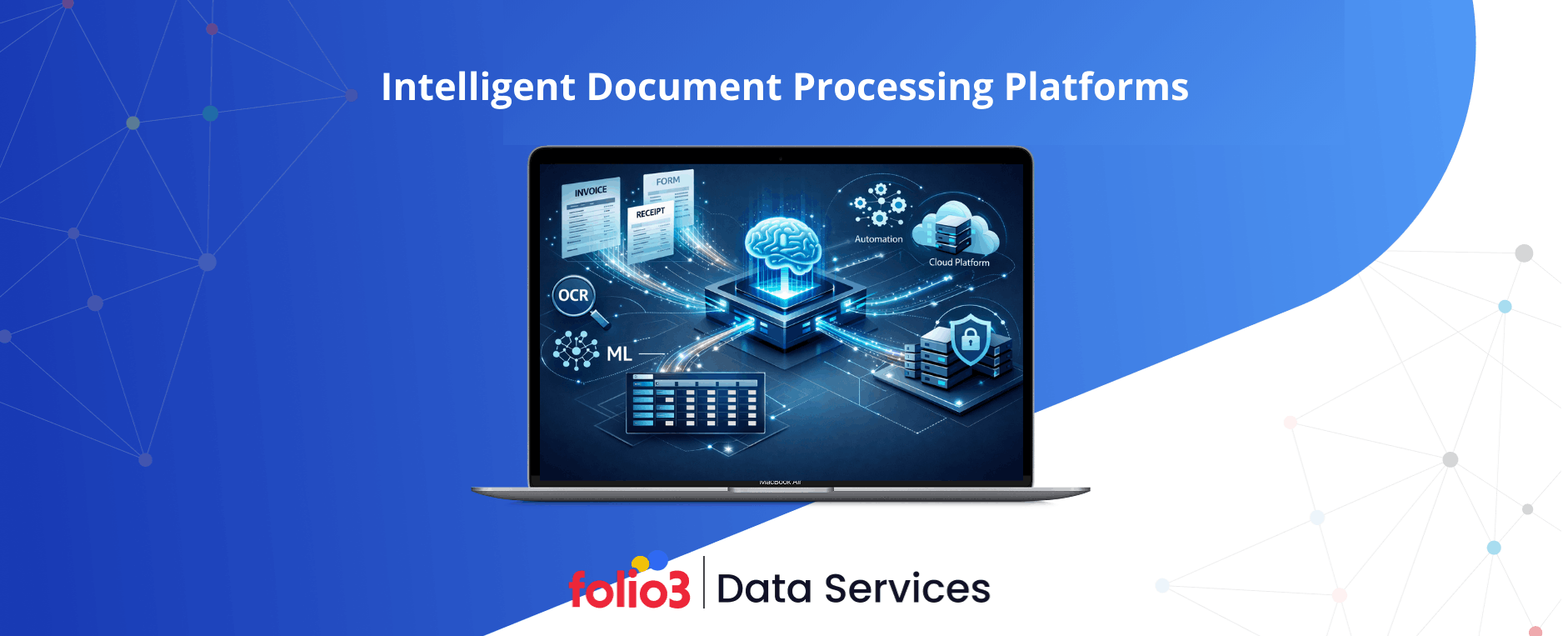
This guide ranks the top 10 intelligent document processing platforms for 2026, highlighting strengths in OCR, AI validation, workflow automation, and integration. Find the best option for your enterprise needs.
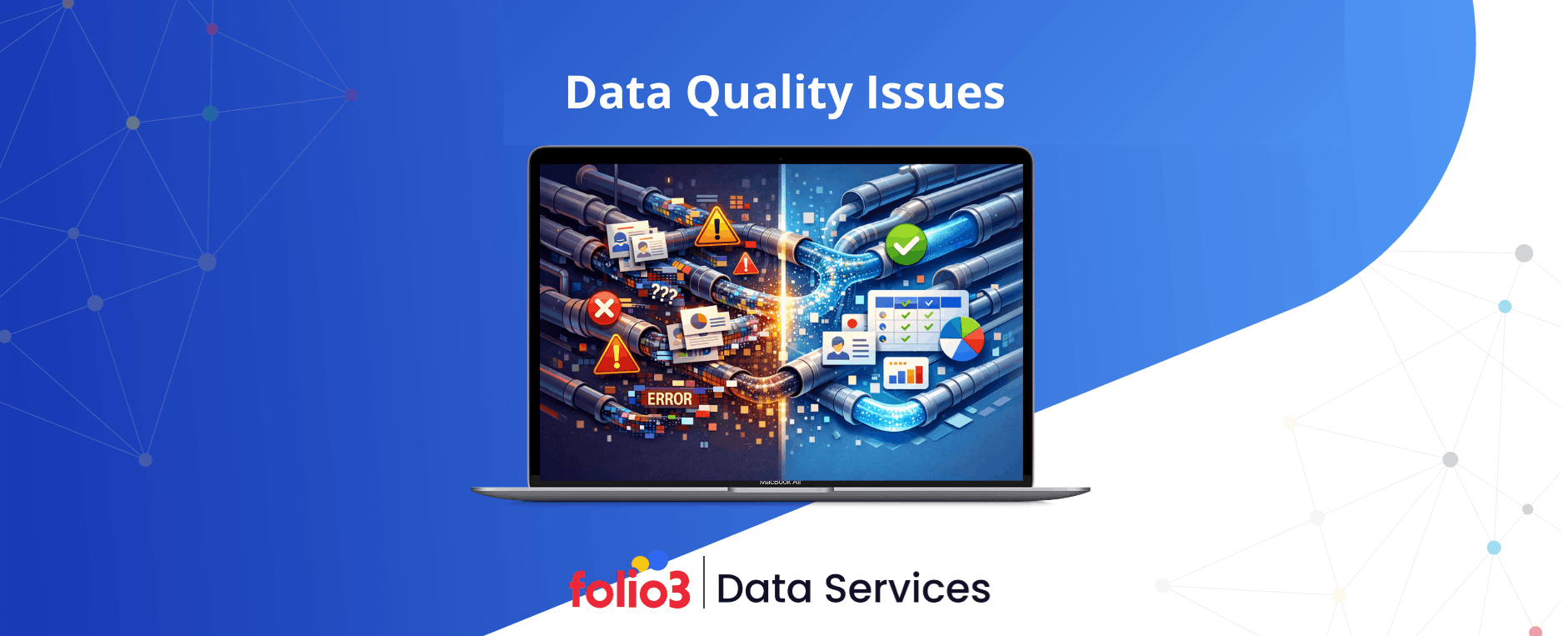
This guide breaks down data quality issues, how to identify them, and step-by-step solutions for fixing them. Explore best practices to prevent data errors, tools for data quality management, and real-world case studies.
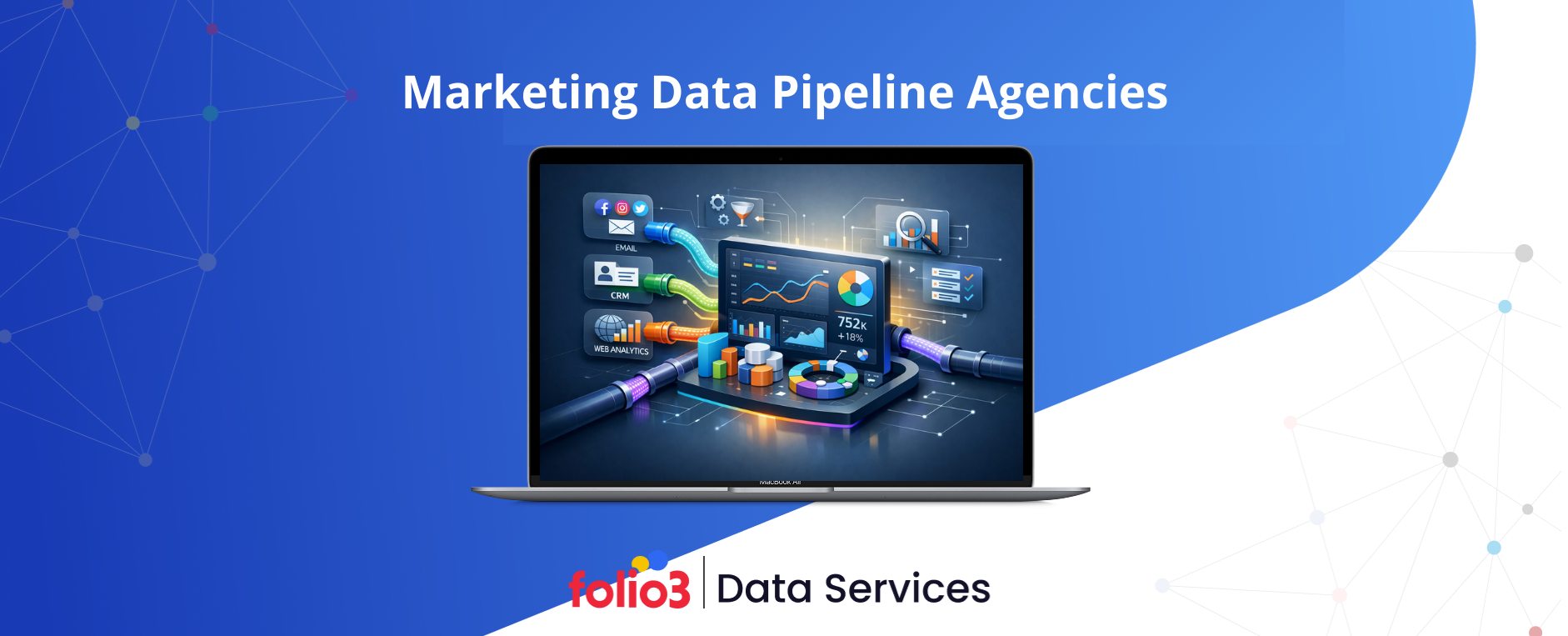
Need a marketing data pipeline agency to unify your marketing stack? This guide highlights firms specializing in ETL workflows, attribution modeling, and analytics automation for revenue-focused teams.
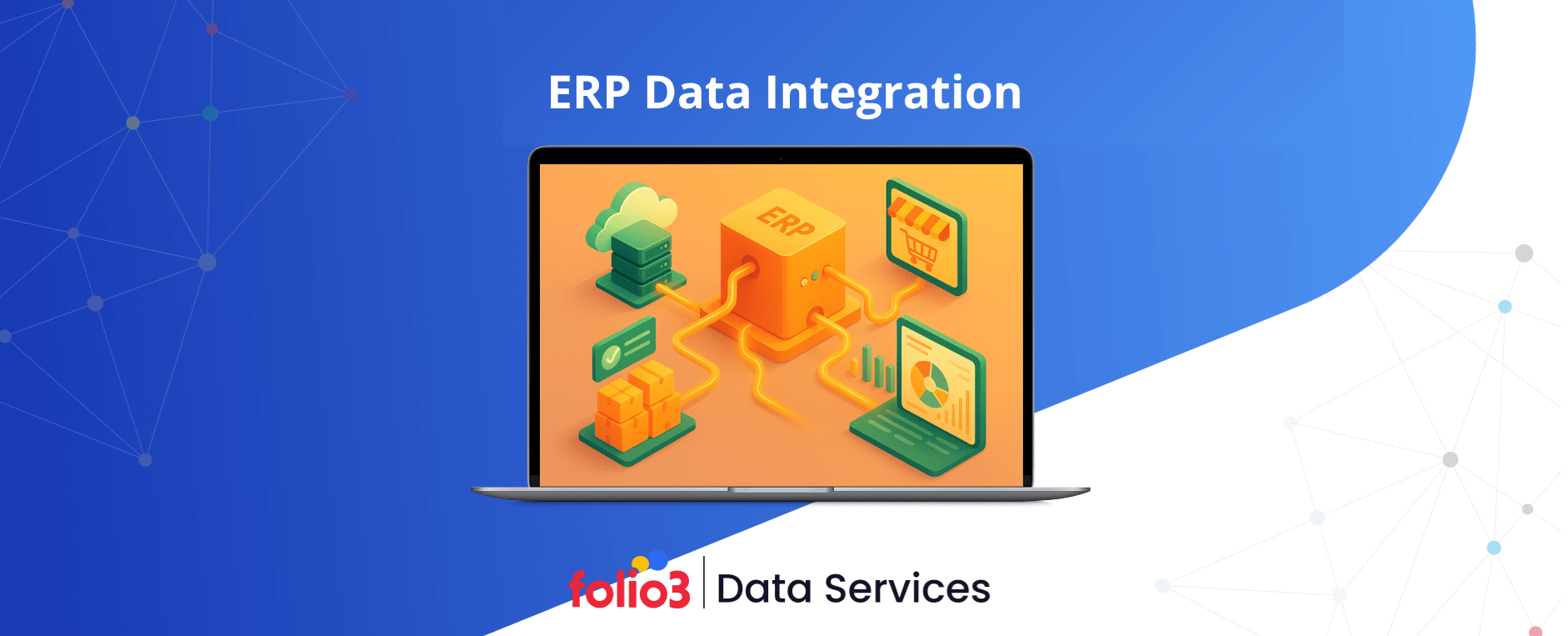
From CRM integration to system optimization, this guide explains ERP data integration, its benefits, challenges, tools, and practices to help businesses enhance workflows and make data-driven decisions.
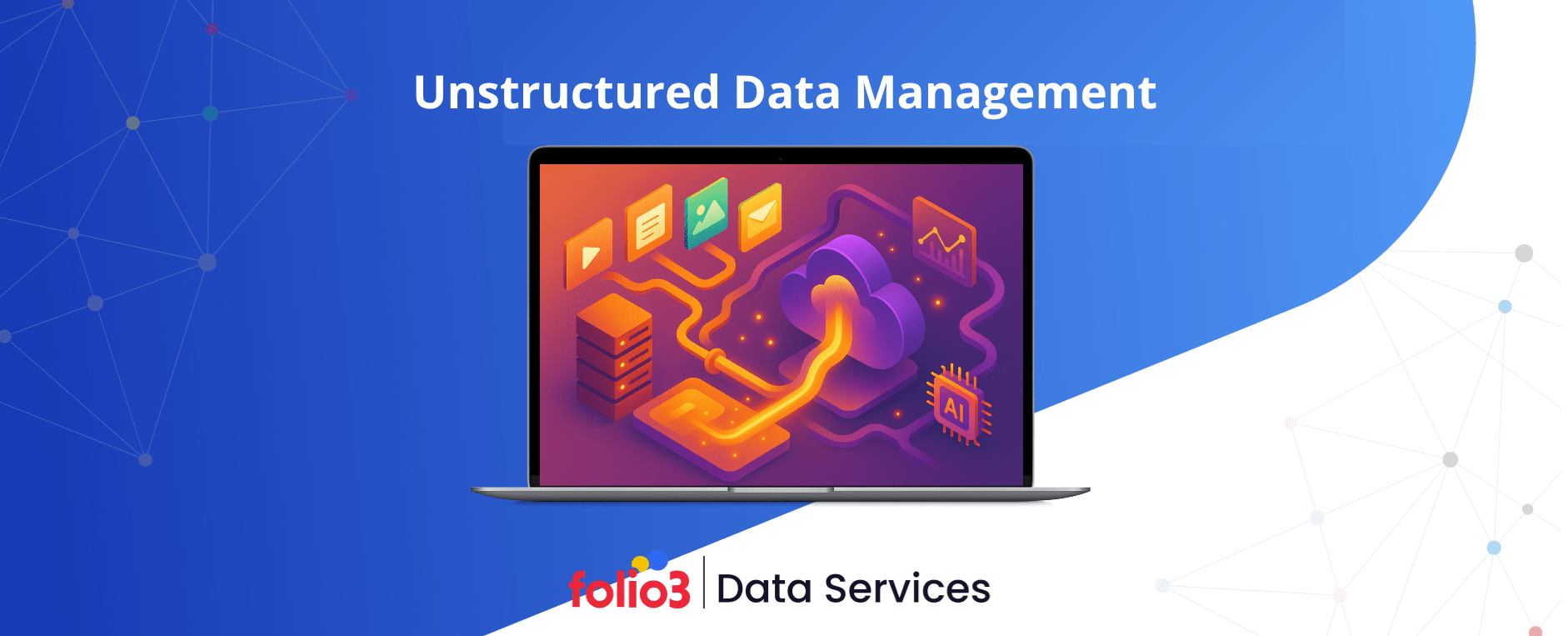
This guide explains unstructured data management, including types, 8-step frameworks, tools, real-world applications, and strategies to overcome challenges while selecting the best solutions.